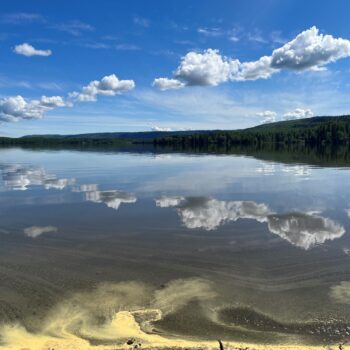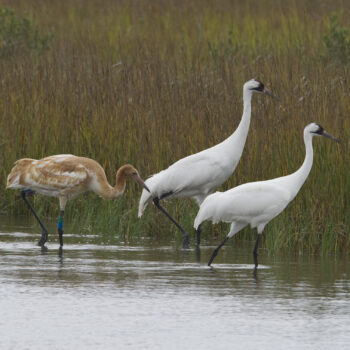
Project Description
Saulteau First Nations Watershed Management
The Upper Moberly Watershed and surrounding area are sacred lands within Saulteau First Nations’ Treaty territory supporting the cultural, social, and economic well-being of their community. Over the past decades, the upper Moberly watershed has been heavily disturbed as a result of cumulative impacts from industrial and human activities, with acute effects on the health of the watershed and the plants, animals, and people who rely on it. For Saulteau First Nations community members, this has significantly affected their ability to exercise their Treaty Rights and to enjoy and carry out a wide variety of cultural and recreation activities.
Compass, along with Ecofish Research Ltd., was engaged to support Saulteau First Nations’ Treaty Rights and Environmental Protection (TREP) Department in various planning initiatives in the Upper Moberly Watershed. The first phase of this work was the development of a preliminary technical assessment of the watershed, and a community planning process toward a draft Watershed Vision and Strategy. The second phase of the work was the initiation of a broader watershed management planning process.
Compass worked with TREP staff, Elders, youth, land users, and other community members to identify core values and priorities related to accessing and exercising Treaty Rights, carrying out traditional and non-traditional activities, and the peaceful enjoyment of the lands and waters of the Moberly Watershed. Based on this community guidance, Compass and Ecofish identified and assessed cumulative effects on key Saulteau objectives and Valued Components and identified a suite of candidate measures to better protect, enhance, restore, or monitor critical habitats and areas of high community use in the watershed. Through this process, Compass, Ecofish, and TREP staff developed a “Cultural Landscape Status” for the Moberly watershed, a novel approach for characterizing cumulative effects to both tangible and intangible cultural activities and values across the watershed. Finally, Compass worked with TREP staff and leadership to identify near- and long-term planning opportunities in the watershed, as well as opportunities for strategic collaboration with other Nations and governments.


